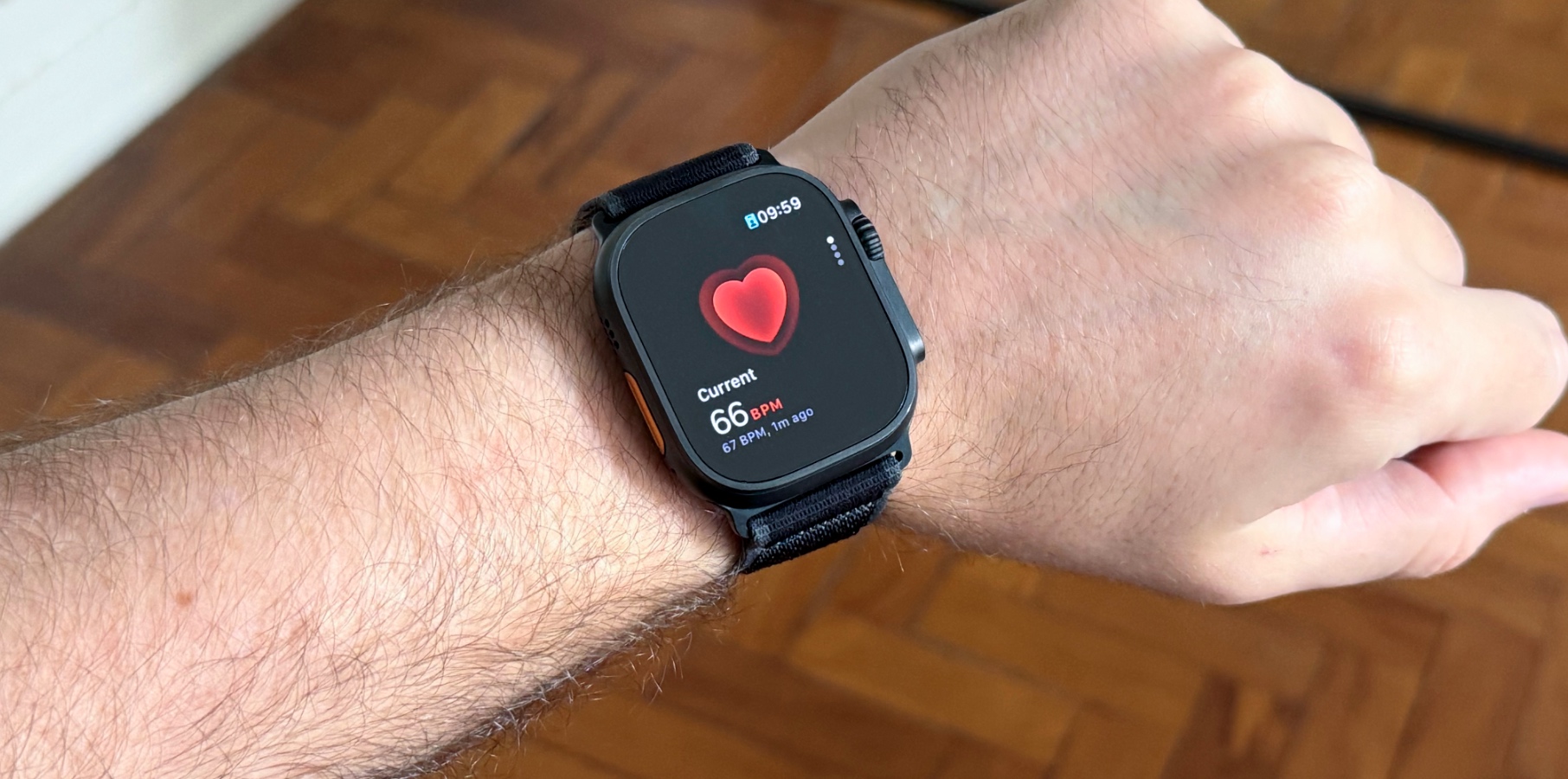Software engineers deserve applause for creating amazing websites, applications, operating systems or any other digital technology. Generally, software engineers learn how to code in a few programming languages before they start their careers. Java is one of the most essential programming languages that every software engineer must know to excel in their careers. Being a Java full stack developer is only possible if the software engineer is proficient in front-end and back-end skills. Read the following article to learn about full stack bootcamp online and the roadmap to becoming a java full stack developer.
Who is a Java Full Stack Developer?
Java full stack developer skills involve proficiency in the complete Java full stack developer skills list. These skills include all the frameworks and tools compatible with Java. The full stack Java developer skill set includes the entire suite of Java technologies like web architecture, REST APIs, Front end frameworks, etc. that are essential to developing applications and websites.
If you are interested in becoming a Java full stack developer, join the Java full stack developer technical skills and create Java full stack developer skills resume to apply for jobs.
Top 15 Skills to Become a Full-stack Java Developer
If you are wondering what Java full stack developer skills are, we have listed them below:
1. JavaScript
It is one of the most fundamental Java full stack developer skills because it simplifies the creation of websites. It is an object-oriented programming language that can run natively in the browser and on the server end. It is commonly used to alter CSS & HTML to modify content, animate illustrations & images, curate interactive maps, etc.
2. HTML / CSS
Hypertext Markup Language or HTML helps in addition to web content. Cascading Style Sheets or CSS is a customization tool to design the aesthetics of the website. Both CSS and HTML are essential for developing a functional and appealing front end.
3. Git & GitHub
Git is an open-source software that helps in the acceleration of efficiency and growth of both small and big projects. The java full stack developers can keep a record of the smallest alterations made in the websites, codes, applications and other project files.
4. Backend Languages
The backend skills required for Java full stack developers are Python, PHP, Java, Ruby, etc. Developers must be adept at writing code, categorizing files and collating data in the databases. He should also understand the technical component of web design.
5. Databases & Web Storage
All the data relevant to the project is stored in a database. It enables multiple teams to work on the same project in collaboration and be aware of the progress and alterations in the database. These skills will help the developer to store, access and update the data from the database.
6. Spring Frameworks
Aspect Oriented Programming (AOP) requires the support of the Spring framework. It is the go-to framework for developers who want to work with MVC architecture. It offers Spring Boot and Spring Cloud that simplifies micro-service programming in Java.
7. DevOps Tools (Jenkins, Docker, and Kubernetes)
A Java developer should be proficient with integration and deployment and the role of Jenkins in it. It is also recommended to develop skills like Ansible, Docker, Kubernetes, etc. Being proficient in DevOps tools is essential for experienced Java developers who are in charge of the establishment of best coding practices, the creation of environments, and the building of scripts and guidelines.
8. Web Design
Being proficient in the fundamentals of web design will help you to stand out from the crowd and get a job with ease. Developers should know about the User Interface (UI) elements and structural elements of the website. For e.g.: Domain Name System (DNS), Cloud Storage, etc.
9. HTTP & REST
HTTP or HyperText Transmit Protocol empowers the server to communicate easily with the user. REST or Representational State Transfer is a link between systems that uses HTTP to collect data and conduct various operations on it. REST can be thought of as the intermediary between the front and back end.
10. JUnit and Mockito
Unit testing skills are one of the skills required for Java full stack developers that distinguish between great and average developers. An experienced Java programmer will always write unit studies for his script. Some of the relevant unit testing skills are JUnit and Mockito.
11. Learn APIs and Libraries
API or Application Programming Interface is an important component of the Java Ecosystem. Developers should be proficient with popular APIs like:
- JSON processing APIs like Gson, Jackson
- XML processing APIs like Xerces, JAXB
- Unit testing libraries such as Mockito and JUnit
12. JVM Internals
A Java Developer should be able to answer fundamental questions about Java Virtual Machine (JVM) internals such as various components of JVM, its working methodology, JVM options, JIT, Garbage collections, etc. Proficiency in JVM internals can enable the developers to program high-performance and robust applications in Java.
13. IDE (Eclipse or IntelliJIDEA)
One of the most essential skills for a Java full stack developer is proficiency in IDEs. Some of the well-known IDEs are NetBeans, Eclipse and IntelliJIDEA. Developers can also develop skills in plugins that make application development even easier or learn various keyboard shortcuts that can help you navigate faster.
14. React or Angular
Developers are expected to be skilled in front end frameworks like Angular and React. These are some of the most sought-after Java full stack developer technical skills. These JavaScript frameworks have revolutionized the process of web development. You might have heard about JSP, JQuery and Servlet, but in present times it is recommended to grasp skills in React or Angular because most web development projects are incorporating these frameworks.
15. Design Patterns
Sometimes developers are tasked to develop a Java web application from scratch. This involves writing object-oriented code. Design patterns can provide solutions to some common issues with object-oriented coding. Proficiency in design patterns will enable the developer to write flexible code that is easier to modify in the future if the need arises.
Some other essential full stack developer skills in Java include Kotlin, Java control systems, Servlets, Java Server Pages, etc.
Roadmap to Java Full Stack Developer
This section depicts the roadmap to becoming a Java full stack developer. The Java full stack developer skills required include front end and back-end development skills. The roadmap below provides a comprehensive and realistic approach to becoming a Java full stack developer. You can also pursue other certificate in web development to become proficient in the modern tools required for web development.
Front End Development
It is also known as client-end development. These Java front end developer skills are the fundamentals you need to start your journey as a Java developer.
- Basic Web Development Tools: HTML, CSS, TypeScript, JavaScript.
- Integrated Development Environments (IDE): Visual Studio Code IDE, Sublime Text 3.
- Front End Frameworks: Angular, VueJS, React.
- User Interface (UI) Libraries: Material UI, Bootstrap CSS
Back End Development
It is also known as server-end development. These Java back-end developer skills are the basics that you need to start your journey as a Java developer. You need to be skillful in core Java skills with Java 8 features also referred to as Java Functional Programming.
- Java Build Tools: Maven, Gradle
- Integrated Development Environments (IDE): Intellij IDEA, Spring Tool Suite
- No SQL Databases: MongoDB, Apache Cassandra, RavenDB, Redis
- Relational Databases: MySQL, MS-SQL Server, Oracle, SQL Server, PostgreSQL
- Cloud Databases: DynamoDB, Cosmos DB
- Build DAO/Repository Layers: Spring Data JPA, JPA/Hibernate
- Build REST APIs: RestEasy framework, Jersey REST framework, Sprint Boot
- Secure REST APIs Using Spring Security: JWT, Authentication, Role-based authorization
How Much Does a Java Full Stack Developer Make?
As a Java full stack developer, you will have the opportunity to apply for many great job positions. Your salary will depend on many factors like work experience, technical skill set and professional credentials, etc. On average, a Java full stack developer earns a base salary of about ₹7,95,954 per year.
Conclusion
In this blog, we discussed what are the skills required for a Java full stack developer to become a successful full stack developer. It also highlights the roadmap to becoming a full stack developer and the annual average base salary of a full stack developer in India. Enroll in KnowledgeHut’s full stack Bootcamp online to learn the Java full stack developer skill set.
Frequently Asked Questions (FAQs)
1. How can I get a full stack in Java?
To become a Java full stack developer, you need to be proficient in Java developer key skills on both the front end and back end.
2. What Java skills are in demand?
Some of the Java developer skills required are JavaScript, HTML / CSS, Git & GitHub, Databases & Web Storage, DevOps Tools (such as Jenkins, Docker, and Kubernetes), Web Architecture, Unit Testing skills, APIs & Libraries, JVM Internals, IDE (such as Eclipse or IntelliJIDEA), front end framework (such as Angular or React), etc.
3. What should a Java developer know?
A Java developer should know about core Java skills and the Java ecosystem. He should also be proficient in either the front end or back-end stack or Java programming.
4. What is the difference between Java and Java full stack?
Java generally refers to just one of the developments, either the front-end or back-end development, while Java full stack refers to both front-end and back-end development.
5. Which is better Java or full-stack developer?
Java full stack developers are better than Java developers since they are proficient in more skills and tools compared to Java developers. The annual average base salary of a Java full stack developer is also higher than Java developer











![Streaming in Canada on Crave, Disney+, Netflix and Prime Video [March 31-April 6] Streaming in Canada on Crave, Disney+, Netflix and Prime Video [March 31-April 6]](https://prod-static.mobilesyrup.com/uploads/2025/03/devil-may-cry-netflix-scaled.jpg)








Discussion about this post